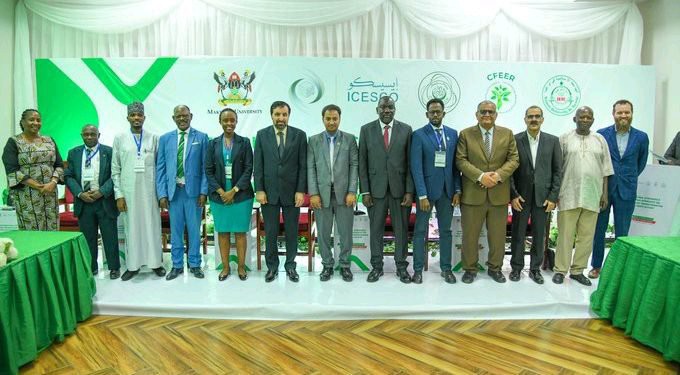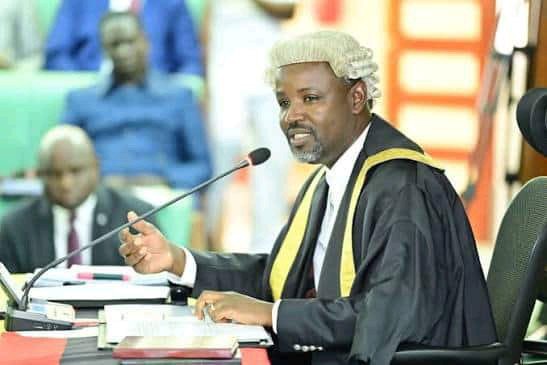
Makerere University recently hosted the International Conference and Workshop on Food Systems Transformation and Action, drawing together policymakers, researchers, and global partners to address Africa’s urgent food security challenges. The event took place at the College of Agricultural and Environmental Sciences (MakCAES) and was officially opened by Pakistan’s High Commissioner to Uganda, H.E. Muhammad Hassan Wazir.
In his opening remarks, Vice Chancellor Prof. Barnabas Nawangwe emphasized the critical need to tackle climate change and rapid population growth to ensure sustainable and resilient food systems. “Africa has the potential to feed the world, yet many countries remain dependent on food imports. Innovation, business incubation, and wealth creation must drive solutions,” he stated.
Organized in collaboration with ICESCO, COMSTECH, and Uganda’s National Commission for UNESCO, the conference offered a platform to discuss science- and technology-driven strategies to improve food production, minimize losses, and build resilient agricultural systems. Prof. Nawangwe highlighted the importance of research-based approaches tailored to Africa’s specific agricultural needs.
Keynote speaker Dr. Logan Cochrane from Policy College at HBKU addressed the global nature of food insecurity. “By 2025, roughly 10% of children worldwide will be underweight and another 10% overweight, highlighting the inadequacy and imbalance in current food systems. Solutions must target both accessibility and nutrition,” he said. Dr. Cochrane proposed five strategies: sustainable production rooted in local research, boosting intra-African trade, supportive policy frameworks for smallholder and private sector involvement, reducing food loss and waste, and ensuring social protection for vulnerable populations, including those affected by conflict. He also noted that in some countries, up to 50% of food is lost or wasted.
High Commissioner Wazir reflected on the international dimension of food security, citing Pakistan’s recent climate-related disasters—floods, melting glaciers, and cloudbursts—that destroyed crops and displaced millions. “Global challenges require strong bilateral and multilateral cooperation for effective solutions,” he said.
Ugandan officials highlighted the country’s potential to become a center for resilient food systems. Alex Bambona from the Ministry of Agriculture, Animal Industry, and Fisheries observed that while Uganda enjoys fertile soils and favorable weather, gaps remain in applying modern science and technology. “Events like this conference are vital for identifying practical solutions to strengthen our agricultural sector,” he added.
The conference reinforced Makerere University’s dedication to developing locally grounded yet globally relevant strategies for food security. Through research, innovation, and international collaboration, the university seeks to build sustainable food systems capable of feeding Africa’s growing population.







